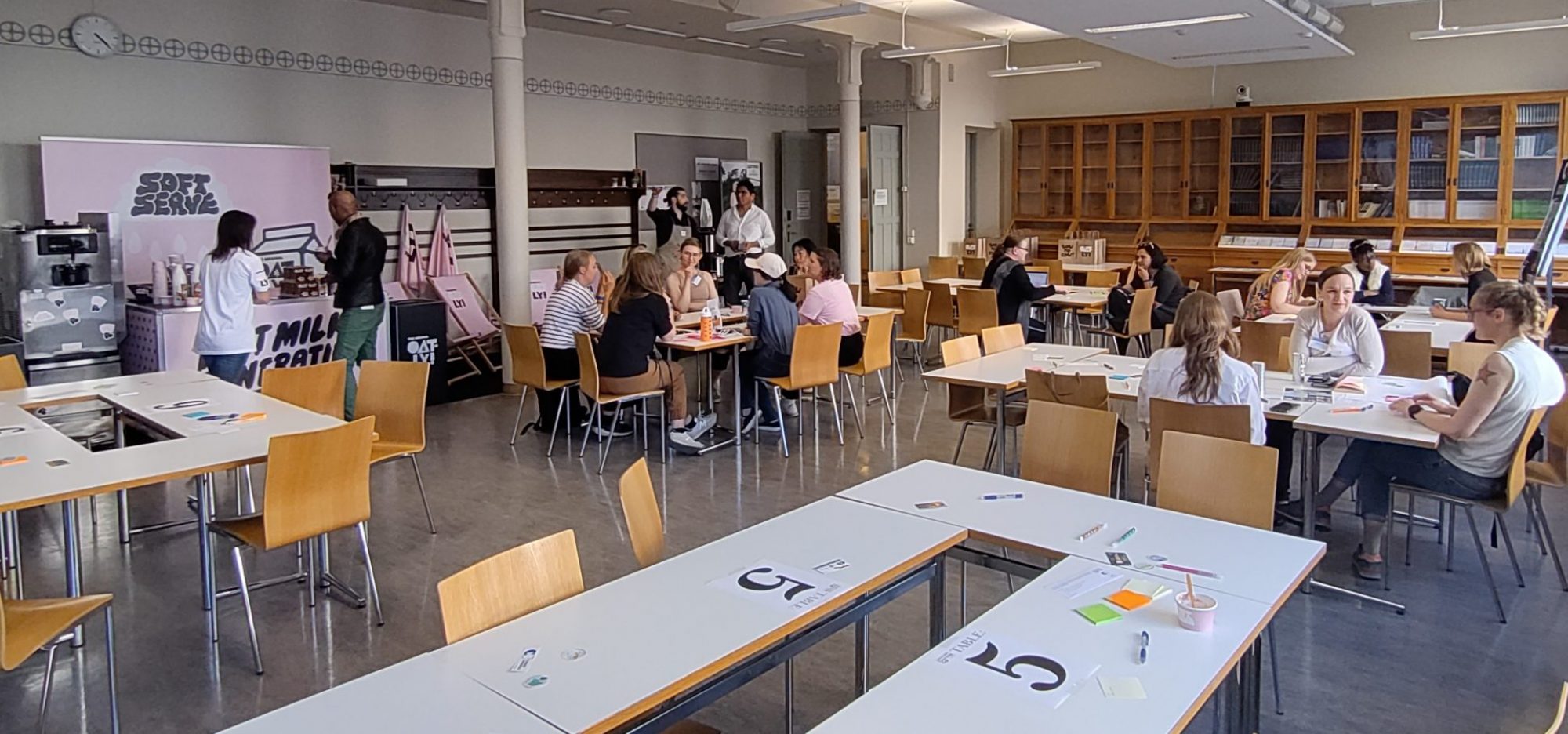Session questions(s):
How is education on wellbeing and sustainability (e.g., planetary wellbeing, one health, planetary health or courses incorporating related content) presented both abroad and in Finland? What are the best practices? What are the current needs and key competences to be developed under different conditions (e.g. higher education institutions, disciplines, study paths)? What kind of opportunities exist for promoting collaborations between faculties or higher education institutions (e.g. Climate University platform or Kestävyysopintojen verkosto).
Session description:
The session was attended by representatives of higher education organisations, especially those involved in education planning. The discussion and group was representing different disciplines such as medicine, sustainable resource use, social sciences and restonomy. The discussion was mostly covering what type of education is existing, what are the challenges for students and teaching, and what could be done to overcome these.
Session lesson(s):
Whilst one health / planetary health / planetary wellbeing and similar topics are covered in education programmes, the contents are typically spread out to different courses in a fragmented manner. While this is a good approach in some sense, students and teachers/researchers alike are struggling to grasp the full complexity and inter-linkages on a systems level. Furthermore, while there could be theoretical knowledge, more emphasis is needed on practical implementation and solutions (incl. policies, economy). Development is needed in skills such as trans-disciplinary communication, future-thinking and action/practice.
Session keyword(s):
transdisciplinary, sustainability, wellbeing, health, education, teaching
Marju Prass
Specialist, Nature Step to Health 2022-2032, Lahti University Campus
